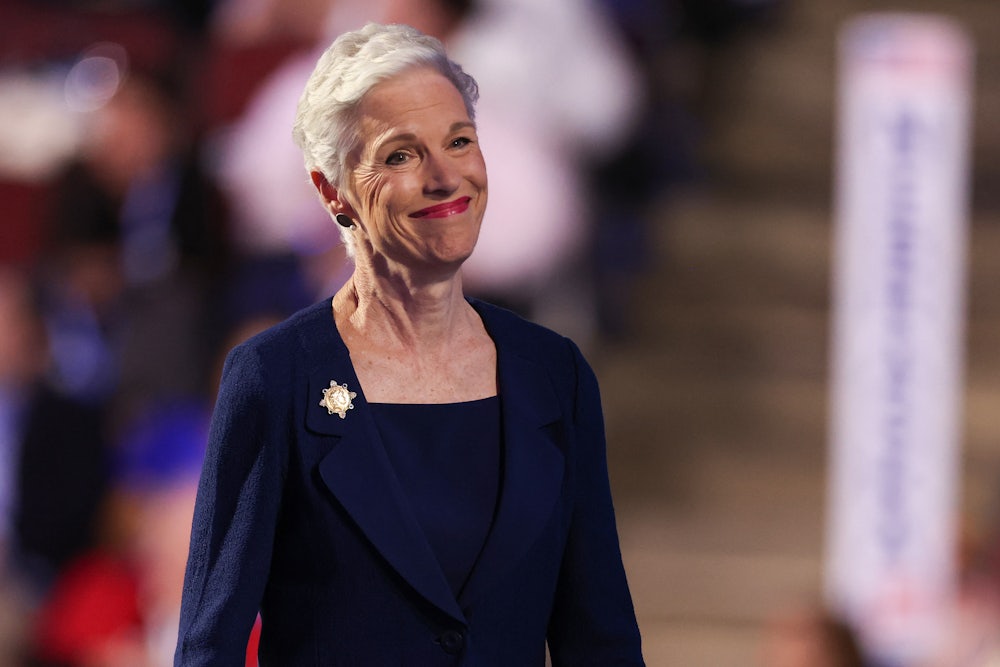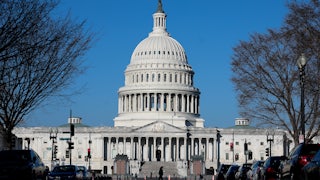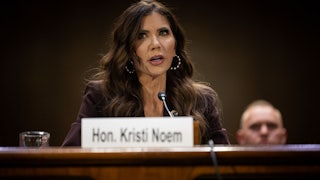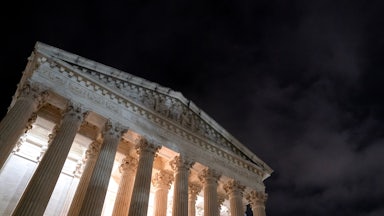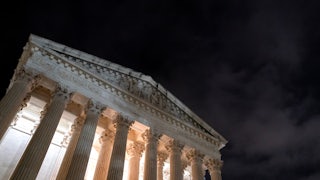Watching Cecile Richards exit the world after a two-year fight with brain cancer is hard: During our mutual lifetime, she helped to move feminism into the mainstream. An organizer and political strategist best known as president of Planned Parenthood Federation of America from 2006 to 2018, Richards, who died Monday morning at age 67, defined what it meant to build feminist institutions that could compete in a modern political environment.
Picking up where women’s liberation left off in the 1980s, Richards moved feminism into the nonprofit board room, championing institutional strategies that mobilized women’s votes and dollars to defend against the Republican right. Those institutions—America Votes, Planned Parenthood, Texas Freedom Network, and Supermajority, and the digital site Abortion in America (founded last year in response to the Dobbs decision)—are her great legacy.
Richards’s vision emerges from Texas’s progressive and feminist history. Texas may be the land of Greg Abbott and Ken Paxton today, but it wasn’t always so politically monochromatic. It is where the Colored Farmers National Alliance and Cooperative Union was born in 1876, organizing Black agricultural workers across the South in the face of brutal White repression. Under the leadership of Texas suffragist Jesse Daniel Ames, who went on to create the first white women’s social movement to end lynchings, the Lone Star State became the first Southern state to ratify the Nineteenth Amendment, for women’s suffrage. Texas was the second state in the union to elect a woman governor, Democrat Miriam A. “Ma” Ferguson. In 1970, a young Dallas lawyer, Sarah Weddington, filed suit on behalf of abortion-seeker Norma McCorvey, the case decided by the Supreme Court as Roe v. Wade in 1973.
In the Richards household, political and social institutions made progressive ideas real. The daughter of civil rights attorney David Richards and Ann Richards, a feminist who climbed the Texas Democratic Party ladder to become the state’s second woman governor in 1990, Cecile’s childhood in Dallas and Austin was steeped in politics and social activism. Not surprisingly, she learned to fight conservatives early, and was expelled from public school for wearing a black armband on campus to protest the war in Vietnam.
My life intersected with Richards’s history at two key historical moments. The first was in 1992, when Arkansas Governor Bill Clinton emerged from a packed Democratic primary field to challenge incumbent president George H.W. Bush. I sat only yards from the DNC podium as Governor Richards, wearing an AIDS ribbon on a white suit that matched her pouf of brilliant silver hair, delivered an opening line: “My name is Ann Richards, I am pro-choice, and I vote!” She then directed the rest of her speech to her granddaughter, Cecile’s young daughter Lily, sitting with her mother in an upper deck.
In a short 13 minutes, you could feel the electricity of a feminist dynasty. Not yet 40, Cecile Richards had, as former NARAL Pro-Choice America president Ilyse Hogue writes, “cut her teeth on union organizing.” She was a veteran of two political campaigns—Sarah Weddington’s successful 1973 run for State Legislature and Ann’s gubernatorial run in 1990—as well as a stint as deputy chief of staff for future Speaker Nancy Pelosi, and she was a co-founder of her first nonprofit, America Votes.
My second encounter with Richards came in 2012, when she had become a national figure at PPFA, and this one was far more personal. I wangled a press pass to a panel Richards was on at the New Yorker Festival of Ideas. Toward the end of the session, I asked why, when we talked about “women’s rights,” the word lesbian never came up. An annoyed moderator, Dorothy Wickenden, asked what the question meant; the two conservatives on the panel (Margaret Hoover and Kellyanne Conway) looked off into a vague middle distance; and Melissa Harris-Perry tried to answer me. Richards said nothing.
Imagine my surprise when, after the session ended, Richards quickly made her way down the steps to the front row where I was seated. I can’t remember precisely what she said, but it amounted to this: You asked a good question, and it deserves a conversation—which is precisely what we had, for about 20 minutes, one that covered marriage equality, health care, reproductive rights, and economic discrimination. It was a different kind of electric moment than at the convention, which signaled a different moment in feminism: Institutions and leaders now took it for granted that combining an activist mentality with institutionalist pragmatism could crack any policy nut, no matter how tough.
Looking back, I realize how close we were to an entirely new, and darker, chapter in our nation’s political history. There were two politicos on that stage, Conway and Richards. Only one of them would lead us into that new phase, and it wasn’t the one I wanted.
Now, as we enter a second Trump administration and mourn the loss of a great activist, I remind myself: The feminist institutions Cecile left us with did not fail. They were merely insufficient to the task, and had she lived, she would not have rested until she learned why.
Putting those institutions back in the fight is now up to us. Cecile would demand that we do it: After all, she has showed us how.
